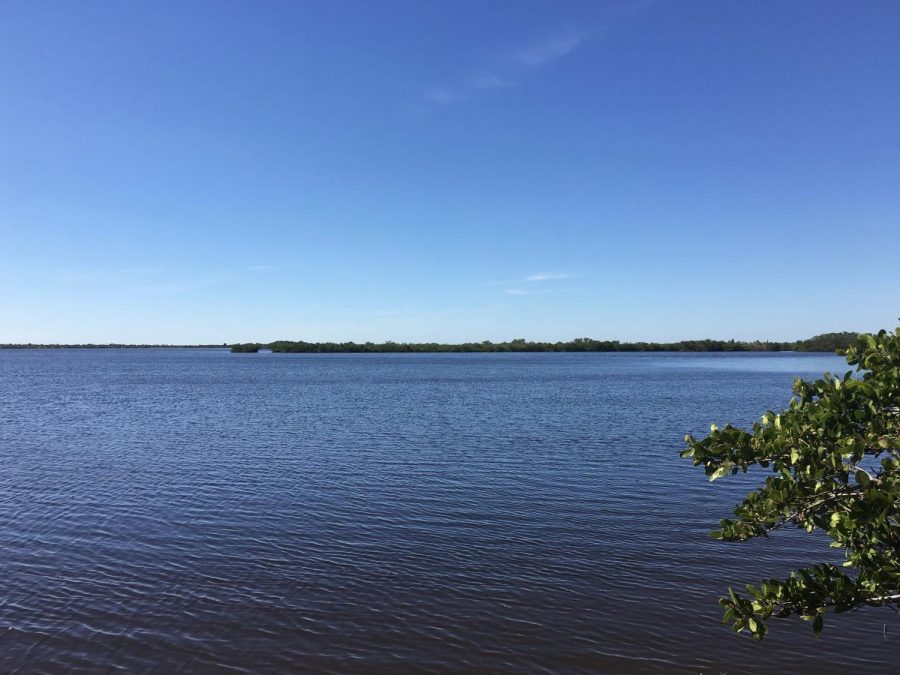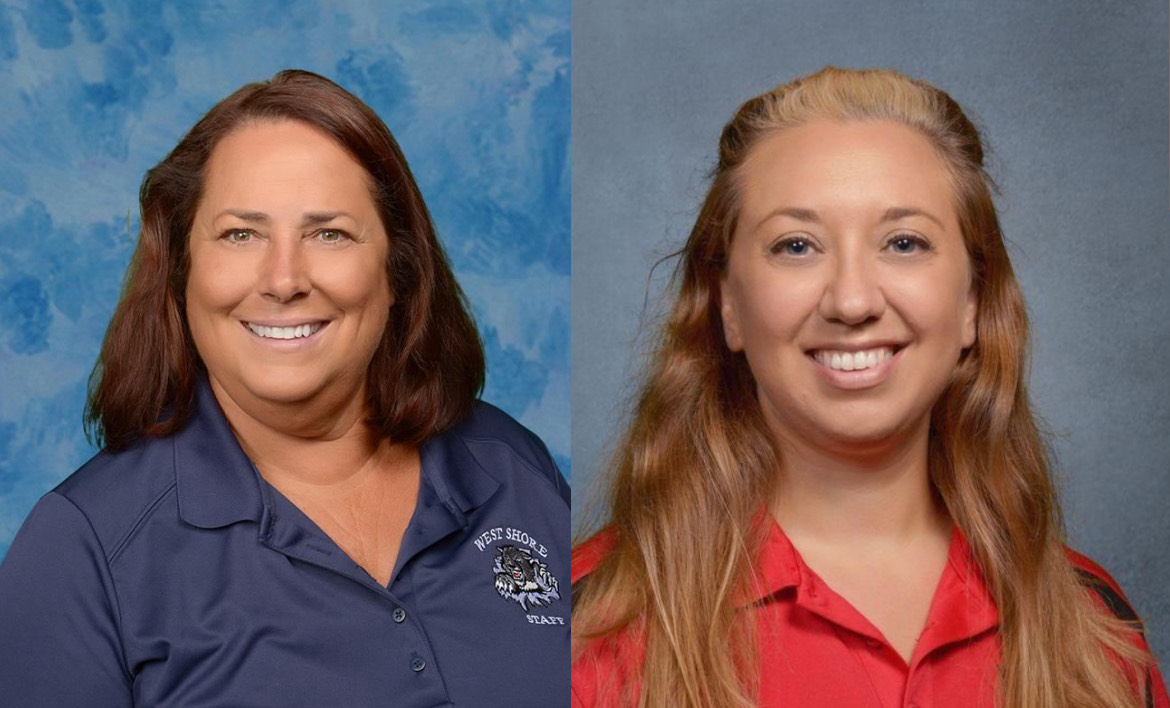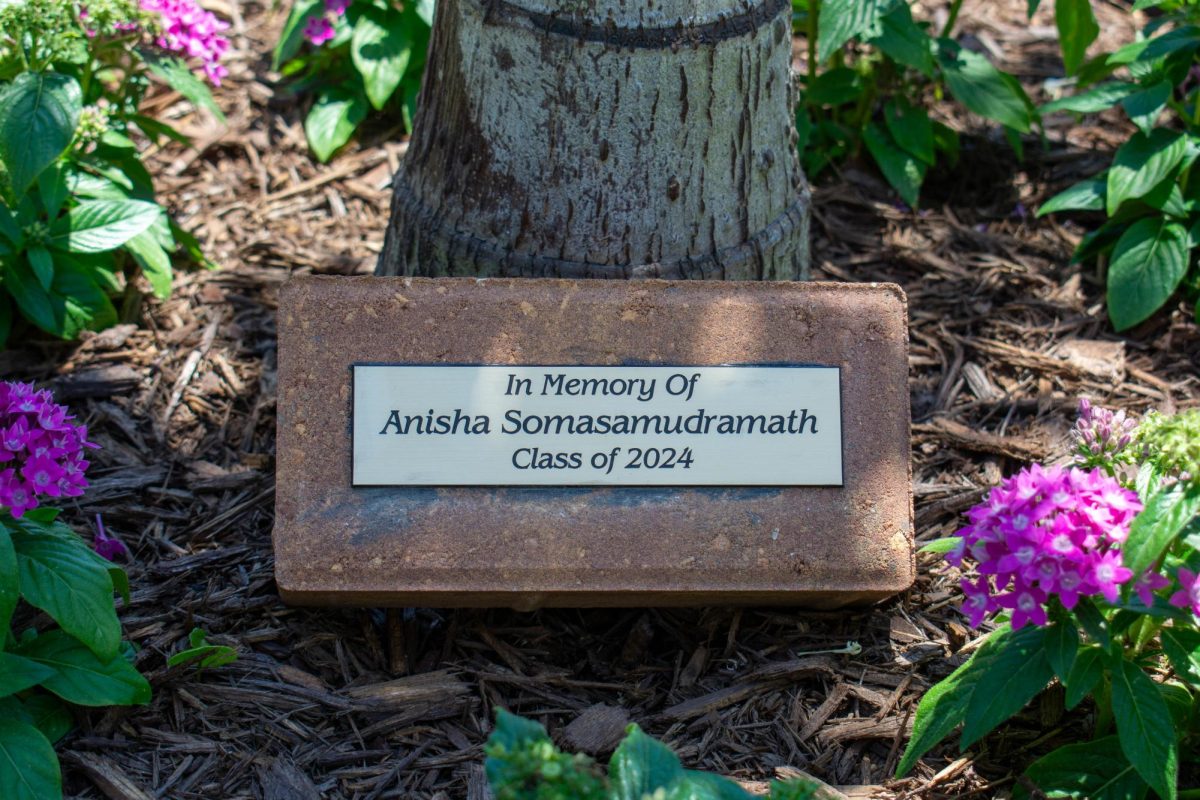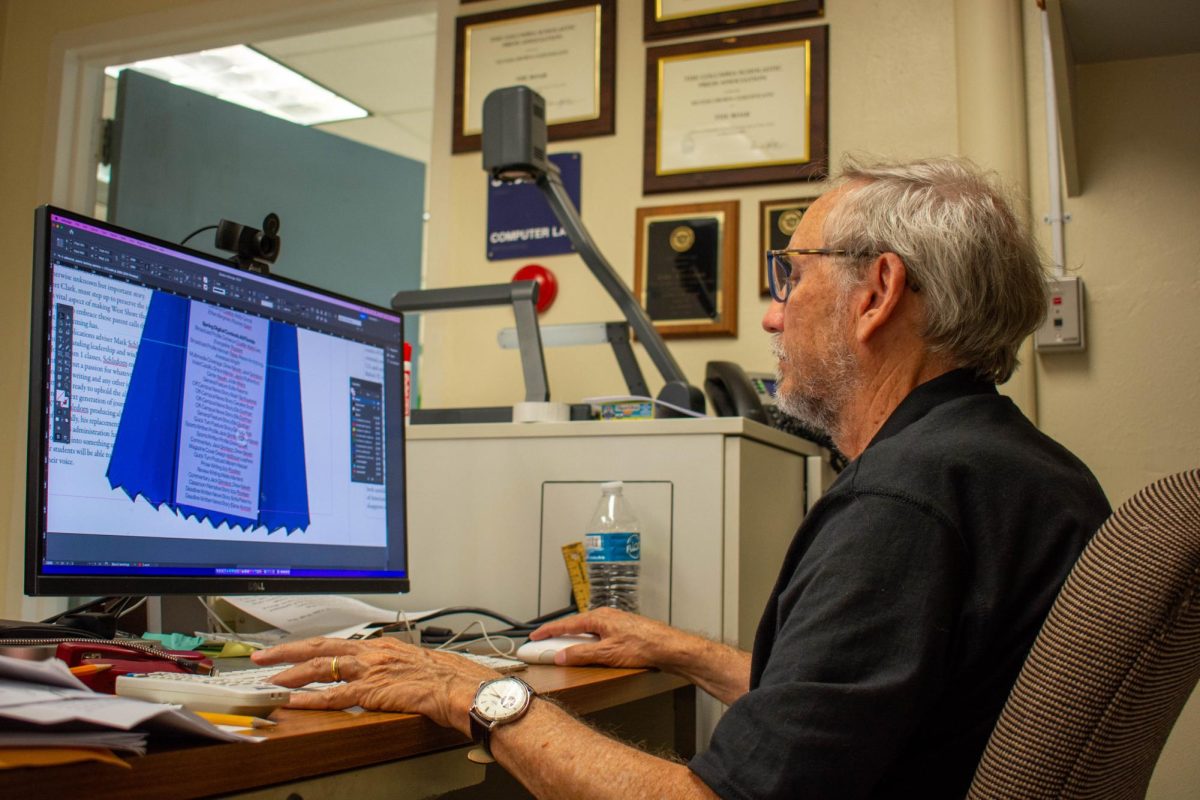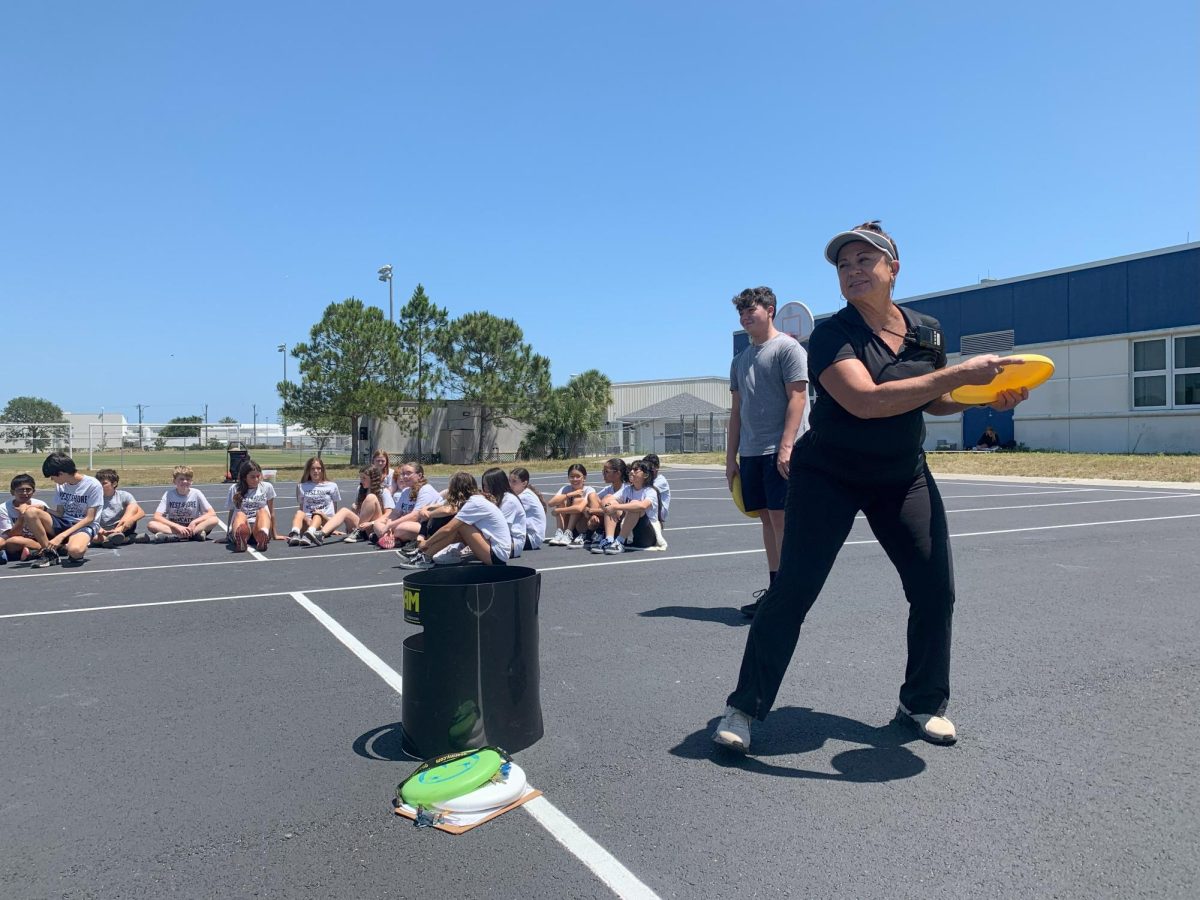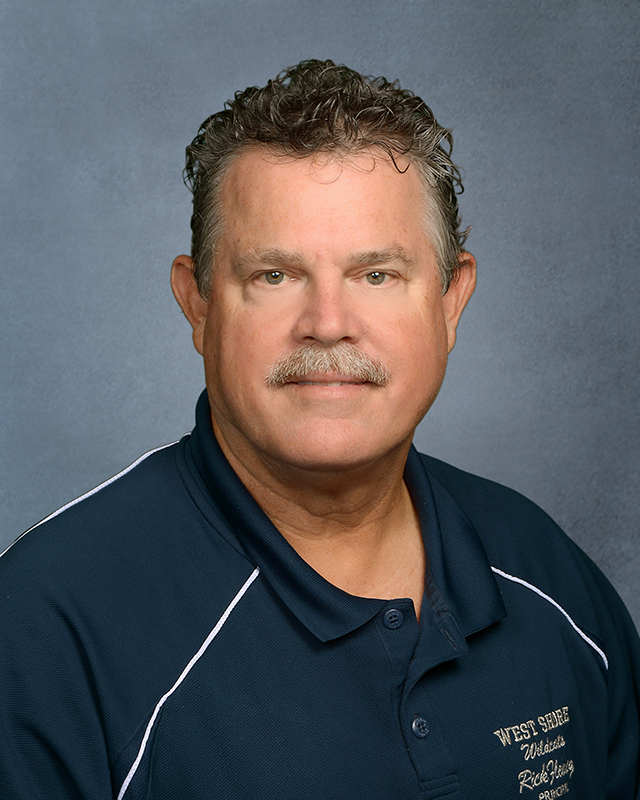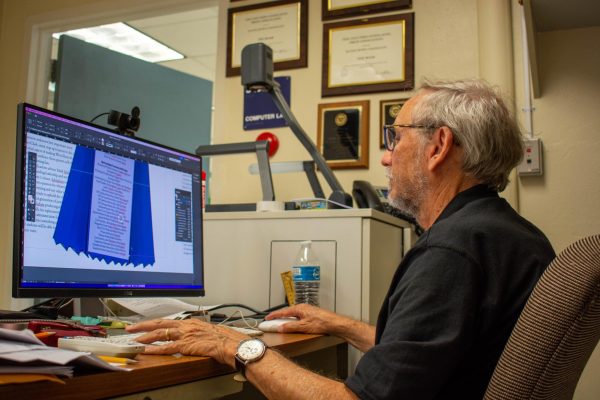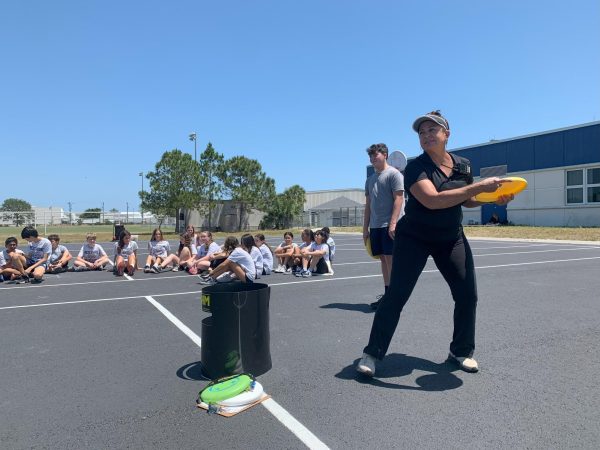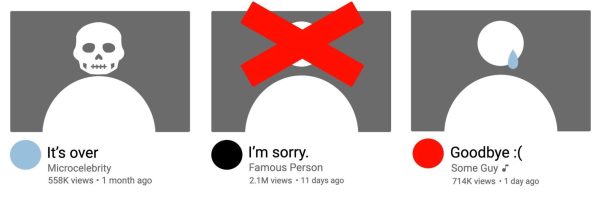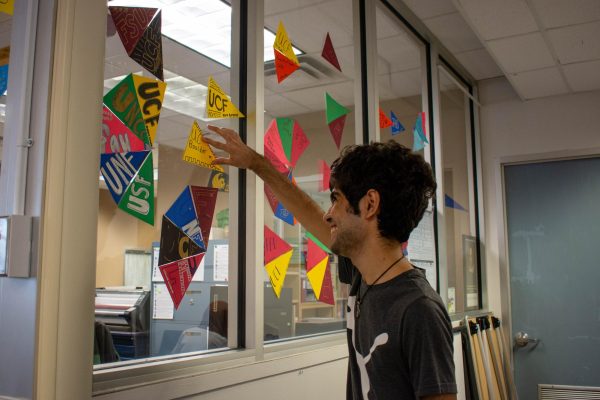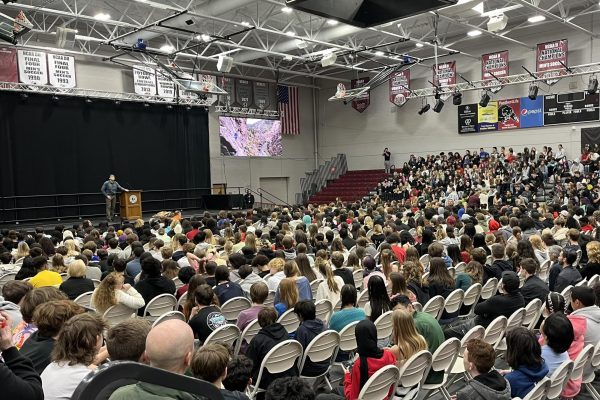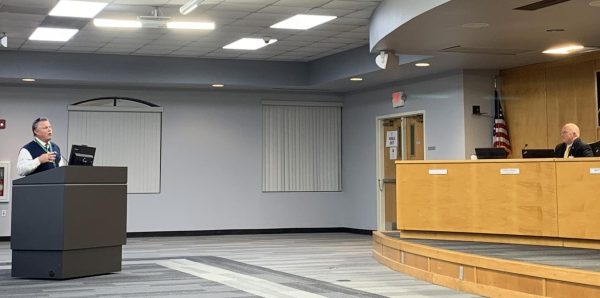Lagoon could soon see massive fish kills
March 12, 2018
State biologists have reported Indian River Lagoon algae levels to be similar to those that were observed just before the massive blooms two years ago that resulted in the worst fish kills on record. Scientists are concerned for if the lagoon’s condition continues to worsen as it did in 2016, then the algae blooms will repeat in just a matter of three weeks. Junior Lydia Howald is an AP Environmental Science student and involved in AP Capstone where she also is knowledgeable on the subject.
“I think it’s really sad what’s happening because most of the time when eutrophication happens it’s because of leakage of sewage tanks, which is really prevalent in the Indian River Lagoon,” Howald said. “If people would just be aware of what’s going on, then they can help stop it, but even then, they never do. If it’s obviously a repeating cycle, then why don’t they do anything?”
Eutrophication is the excess of nutrients in a lake, the result of sewage leaks and pollution from nearby farms increasing levels of nitrogen and phosphorus in the water, which algae thrive on.
Howald goes into depth of why this will become a bigger problem for the future of the lagoon.
“It’s called a negative feedback-loop, so when there’s more eutrophication then there’s more algae blooms which then decreases the amount of oxygen available for organisms in the water,” Howald says. “They all die and they sink to the bottom and then it becomes detritus, which then blocks the sunlight from getting to the photosynthetic organisms at the bottom which creates more detritus and eutrophication and more algae.”
The lagoon is one of the most biologically diverse waterways in the nation, which leads sophomore Rebecca Hallanan to discuss how the potential for large algae blooms and severe fish kills will influence the economy in Florida.
“I don’t really think a lot of tourists are going to want to go to the ‘nice’ river and see so much dead marine life,” Hallanan said. “Let alone smell it while driving by or actually going into the water itself, which means less money for Florida.”
Hallanan considers herself passionate for the lagoon and its ecosystem because she recognizes a mutual relationship between humanity and nature.
“Personally, I believe we should do everything we can to protect the environment,” Hallanan said. “The environment does so much for us already; it’s the least we can do.”
By Rosellen Rodriguez

